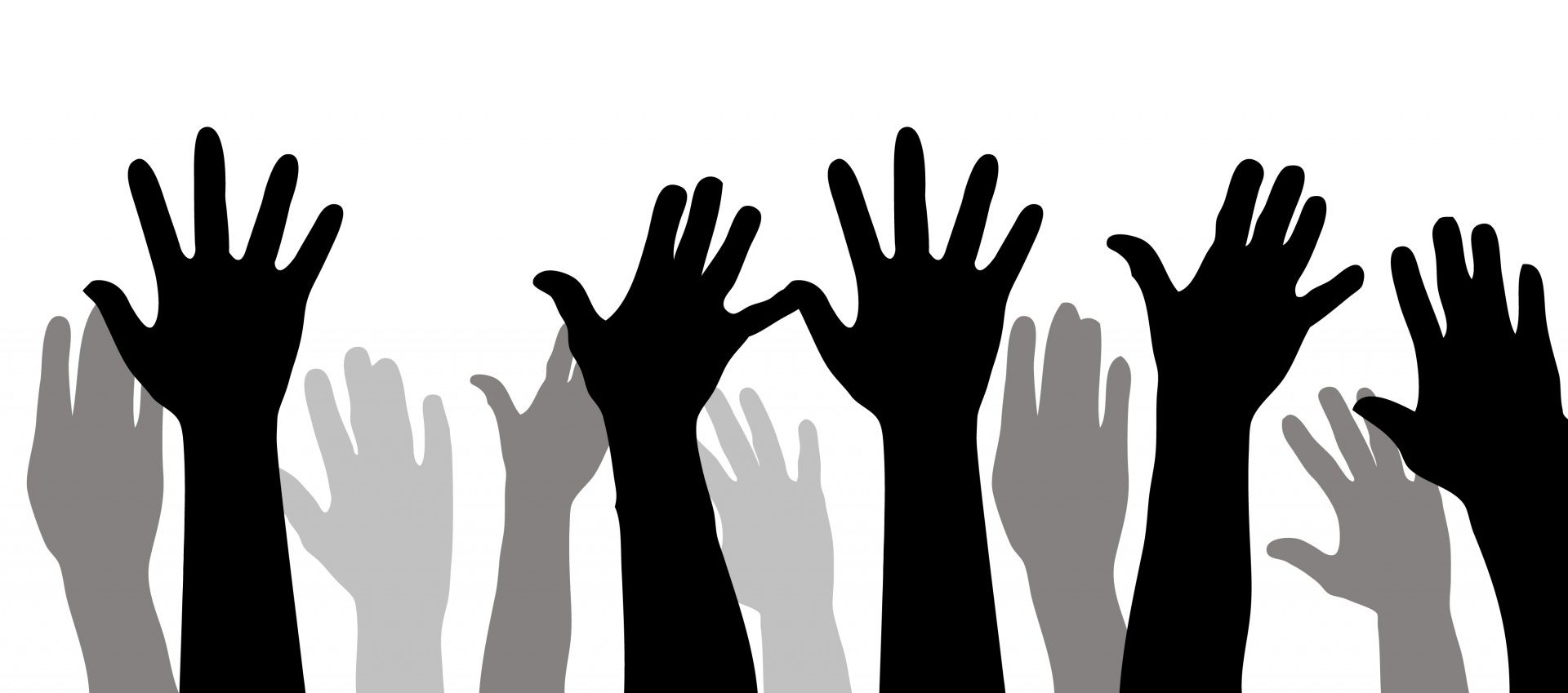Blog by Sonal Sian and Shalini Jose
COVID-19 has had significant effects on vulnerable populations by exacerbating their exploitation and rendering them more susceptible to poor health outcomes. One particularly vulnerable population that has not received much attention is human trafficking victims. This is especially the case in India, where discussions about trafficking and its implications in the sexual exploitation of women and children are taboo.

According to the anti-human trafficking organization, Prerana, there have been shifts in trafficking trends due to COVID-19. Access to shelter and mental health resources for victims have been restricted. With brothel closures amidst the pandemic, some women have been abandoned, while others are taking loans from brothel owners due to food shortages and poor living conditions, which can increase the debt that forces continued exploitation. Families may seek to reduce economic burdens associated with COVID-19 by selling their daughters, who are often considered financial burdens. Additionally, rescue operations have halted because of redirected police attention towards maintaining social distancing regulations.
Trafficked victims have historically been given little priority in healthcare, even before COVID-19. Due to limited financial stability, restricted access to clinics, and an inability to leave their circumstances, trafficked victims are often unable to access proper healthcare, despite increased risks for STDs and additional physical and mental health complications. Thus, their medical care should be made a priority, with special attention given to their risk of contracting COVID-19.
There are several organizations in India that have resources for trafficked victims, but victims are often not aware of such resources or how to access them. Consequently, anti-trafficking organizations have been informing victims about different resources through phone calls and public announcements. Though field interventions have been limited because of COVID-19, NGOs including Prerana have developed small teams that bring ration/hygiene kits to trafficked victims. By providing these organizations with COVID-19 testing kits for distribution, we can increase the scope of healthcare to include these vulnerable populations. Advocating and fundraising for personal protective equipment for anti-trafficking organizations can also increase access to victims who need medical care. Encouraging local clinics to collaborate with anti-trafficking organizations can promote treatment for those who test positive. These measures are especially important because the cultural stigma and social isolation associated with sexual exploitation may reduce a victim’s ability to access resources.
Such trying times not only lead to the increased risk of exploitation and exposure to COVID-19 for trafficked victims, but also to increased stress and decreased mental health statuses of care staff and children in anti-trafficking rescue shelters. Amidst the pandemic, NGOs have begun utilizing phone and video calls to provide counseling for victims and families. If the victim is unable to access a phone, a safe location that meets social distancing regulations can be identified for the victim and counselor. Some victims were also willing to share their phone with other victims to ensure access to resources. Remote mental health counseling should also be implemented for care staff, who may be facing challenges that have developed during the pandemic.
In addition to increasing accessibility to resources, it is crucial that local and national governments acknowledge the presence of trafficking and include victims in their budget for financial service benefits to reduce the likelihood of further exploitation. A greater focus must be placed on efficient facilitation of victim compensation schemes to ensure that victims of commercial exploitation receive appropriate assistance during the pandemic. However, due acknowledgement of this population can only be brought about by ardent advocacy. We as individuals and as communities can encourage our governments to support those affected by trafficking by standing with victims to make sure their stories are heard. We can use social media platforms to spread awareness, promote constructive discussions, and vote for policies that support people who have been victimized.
One avenue for advocacy would be through trafficking training for healthcare professionals. As medical students, we believe it is important to address all potential patient conditions in our education, which includes the potential to encounter trafficked victims. Not only is minimal education provided to medical students regarding the treatment of trafficked victims, but many healthcare facilities also lack proper screening techniques, inhibiting a victim’s access to resources. By implementing training programs early in medical education and further understanding trauma-informed care, the future healthcare professionals can be better equipped to support victims’ needs.
However, addressing the needs of trafficked victims should not be limited to healthcare and the spread of COVID-19. We need to focus on the bigger picture: human trafficking is a silent pandemic. The realities of trafficking are rarely broadcasted, the stories of victims and survivors are seldom heard, and the impact of trafficking (including cross-borders) often go ignored or unrecognized. Without global efforts and collaboration amongst entities including governments, healthcare providers, and most importantly, our communities, the devastating outcomes of trafficking will continue.
Sonal Sian and Shalini Jose are second year medical students attending the University of South Florida Morsani College of Medicine and are currently studying human trafficking in the healthcare setting.